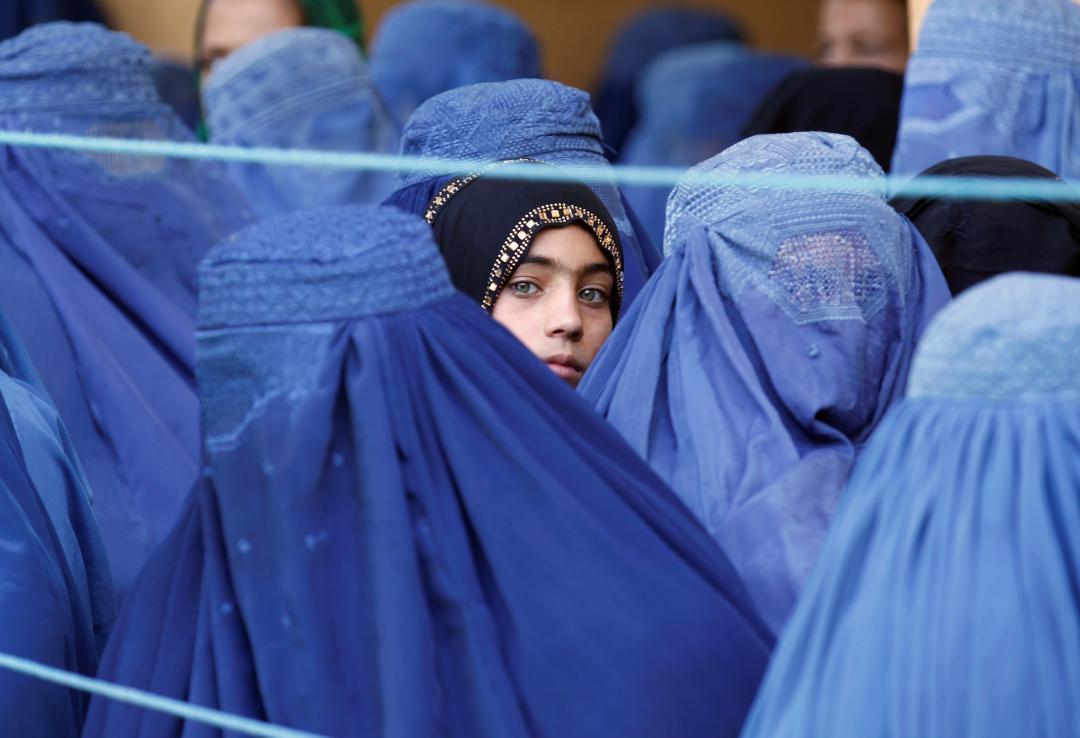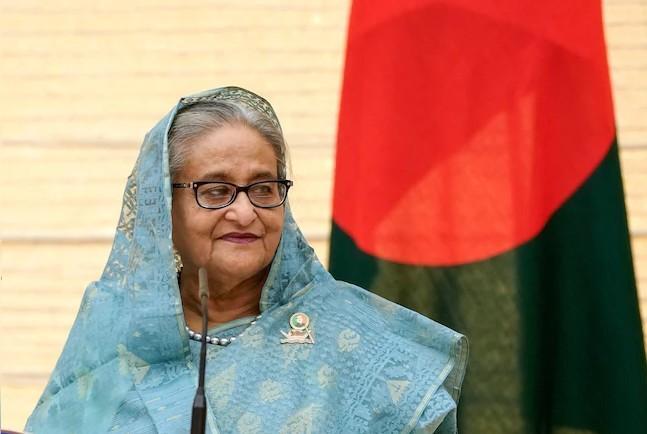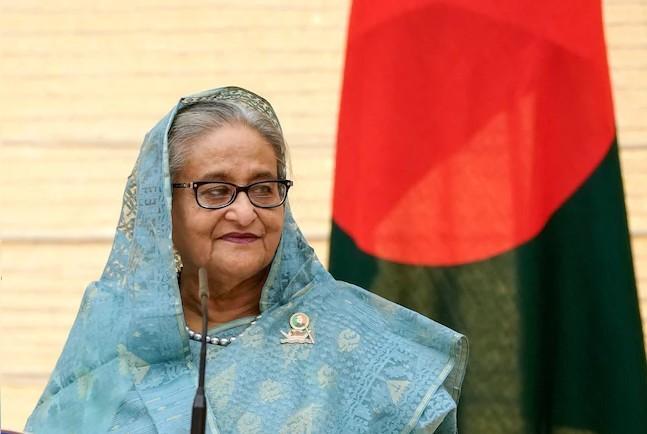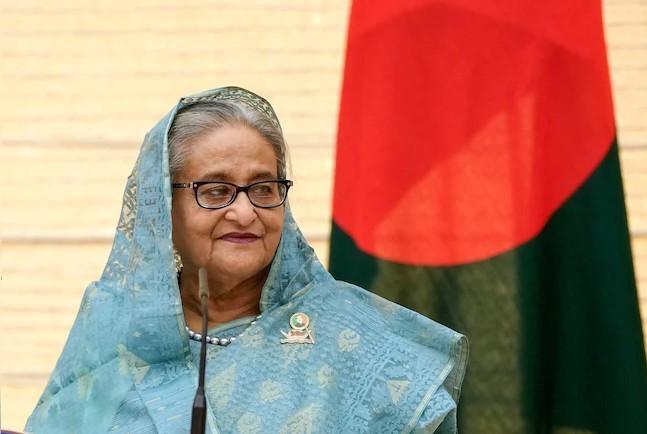
ICC Issues Arrest Warrants for Taliban Leaders for Persecuting Women
The International Criminal Court (ICC) has taken a significant step in its efforts to hold perpetrators of gender-based violence accountable, issuing arrest warrants against two top Taliban leaders accused of persecuting Afghan women and girls. The warrants were issued against Taliban supreme leader Haibatullah Akhundzada and chief justice Abdul Hakim Haqqani, citing “reasonable grounds” to believe that they committed crimes against humanity in their treatment of women and girls.
The ICC’s decision is a major victory for women’s rights advocates, who have long called for justice and accountability for the Taliban’s brutal treatment of women. Under the Taliban’s rule, women have been subjected to numerous forms of persecution, including forced marriages, veiling, and exclusion from education and employment. The ICC’s move sends a powerful message that those responsible for such atrocities will be held accountable, no matter how powerful or influential they may be.
According to the ICC, the warrants were issued based on evidence that Akhundzada and Haqqani were responsible for a range of crimes, including murder, torture, and rape, committed against women and girls in Afghanistan. The ICC’s chief prosecutor, Karim Khan, stated that the warrants were issued “in connection with the alleged crimes against humanity and war crimes committed in Afghanistan since July 1, 2015.”
The ICC’s decision is significant not only because of the gravity of the alleged crimes, but also because it marks a major shift in the international community’s approach to holding the Taliban accountable. For years, the Taliban has been accused of numerous human rights abuses, including the use of sexual violence as a weapon of war. However, the international community has been divided on how to respond to these abuses, with some countries arguing that engaging with the Taliban was the best way to promote peace and stability in the region.
The ICC’s decision sends a powerful message that the use of sexual violence and other forms of gender-based violence will not be tolerated, regardless of the political circumstances. It also underscores the importance of holding individuals accountable for their actions, rather than merely targeting states or organizations.
The warrants were issued under Article 58 of the ICC’s Rome Statute, which allows the court to issue arrest warrants for individuals accused of committing crimes within its jurisdiction. The warrants are now in the hands of the ICC’s member states, which are required to arrest and transfer the accused individuals to the ICC for trial.
The ICC’s decision is also significant because it highlights the ongoing struggle for women’s rights in Afghanistan. Despite the Taliban’s claims to have improved women’s lives, the reality on the ground is far from it. Women and girls continue to face discrimination and persecution, and their rights are often trampled upon.
The ICC’s decision is a major blow to the Taliban’s attempts to whitewash its human rights record. It also sends a powerful message to the Taliban’s leaders that they will be held accountable for their actions, and that the international community will not stand idly by while women and girls are subjected to discrimination and persecution.
The ICC’s move is also a major victory for human rights advocates, who have long called for justice and accountability for the Taliban’s human rights abuses. The decision is a testament to the power of international law and the importance of holding individuals accountable for their actions.
As the ICC’s chief prosecutor, Karim Khan, stated, “The issuance of these warrants is a significant step forward in the pursuit of justice and accountability for the victims of the conflict in Afghanistan.” The ICC’s decision is a major step forward in the fight for women’s rights and human rights, and it sends a powerful message that those responsible for human rights abuses will be held accountable, no matter how powerful or influential they may be.






